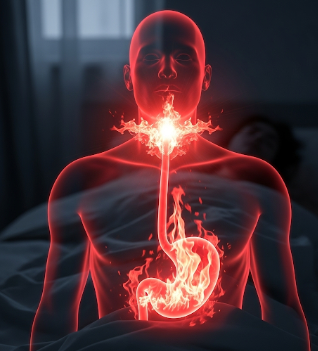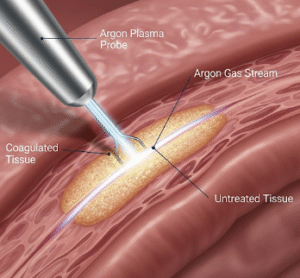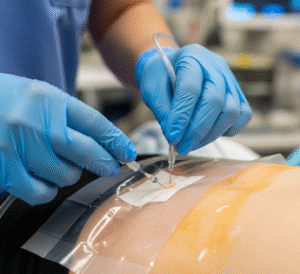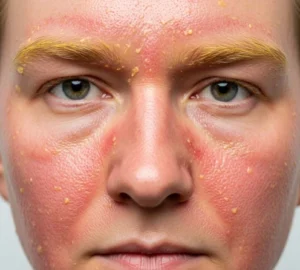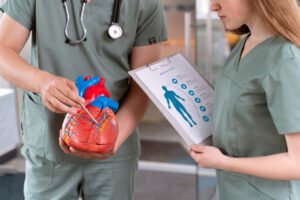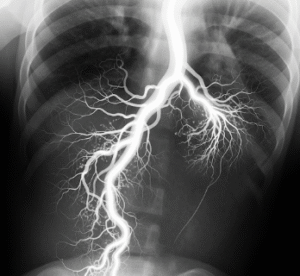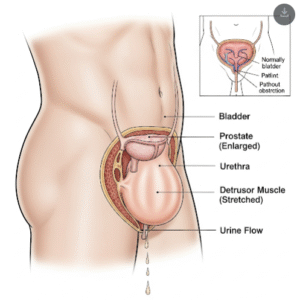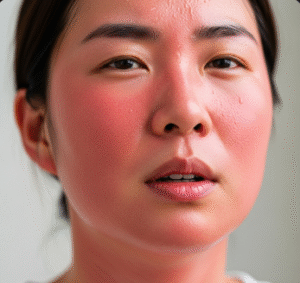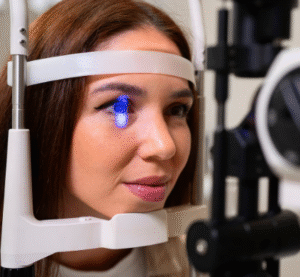Overview
Acid reflux, also known as gastroesophageal reflux disease (GERD), occurs when stomach acid flows back into the esophagus, causing discomfort and potential complications. It is a common digestive condition that affects people of all ages, from children to adults. Frequent reflux can irritate the esophageal lining, leading to heartburn, regurgitation, and in severe cases, esophagitis or Barrett’s esophagus.
In South Korea, patients benefit from highly advanced gastroenterology services, including endoscopy, pH monitoring, and innovative treatment options. Hospitals and clinics specialize in both medical and minimally invasive surgical management of acid reflux, making Korea a leading destination for comprehensive GERD care.
Key Facts
Highlights:
➡️ Acid reflux is caused by the backward flow of stomach contents into the esophagus.
➡️ Common symptoms include heartburn, regurgitation, chest discomfort, and difficulty swallowing.
➡️ Risk factors include obesity, smoking, certain foods, pregnancy, and hiatal hernia.
➡️ Untreated acid reflux can lead to esophageal ulcers, strictures, and increased risk of cancer.
➡️ South Korea offers advanced diagnostic and treatment options for both mild and severe reflux.
What is Acid Reflux?
Acid reflux occurs when the lower esophageal sphincter (LES), a muscle at the junction of the esophagus and stomach, becomes weak or relaxes inappropriately. This allows acidic stomach contents to move back up, irritating the esophagus and causing the typical burning sensation known as heartburn.
Frequent acid reflux may develop into GERD, a chronic condition that requires medical evaluation.
What Symptoms are Related to Acid Reflux?
Symptoms can vary depending on severity and individual factors:
- Burning sensation in the chest (heartburn)
- Regurgitation of food or sour liquid
- Difficulty swallowing or choking sensation
- Chronic cough or throat irritation
- Hoarseness or voice changes
- Nausea or vomiting
- Bloating or belching
- Sore throat or laryngitis
What Causes / Possible Causes of Acid Reflux?
Highlights:
➡️ Weak or relaxed lower esophageal sphincter (LES).
➡️ Hiatal hernia, where part of the stomach moves above the diaphragm.
➡️ Obesity or overweight increases abdominal pressure.
➡️ Pregnancy, which can affect stomach position and hormone levels.
➡️ Certain foods and drinks: Spicy foods, caffeine, alcohol, chocolate, and fatty meals.
➡️ Smoking, which weakens the LES and increases acid production.
➡️ Medications: Some anti-inflammatories, blood pressure drugs, and sedatives may contribute.
➡️ Delayed gastric emptying: Conditions that slow stomach emptying can worsen reflux.
When Should I See My Doctor?
Highlights:
➡️ If heartburn occurs more than twice a week or disrupts daily life.
➡️ If symptoms persist despite lifestyle modifications and over-the-counter medications.
➡️ If difficulty swallowing, unintentional weight loss, vomiting blood, or black stools occur.
➡️ If chest pain radiates to the arm, jaw, or back (to rule out heart problems).
➡️ For persistent chronic cough, hoarseness, or sore throat associated with reflux.
Care and Treatment
Treatment focuses on lifestyle modifications, medications, and in some cases, surgery:
Highlights:
➡️ Lifestyle Adjustments: Weight loss, elevating the head of the bed, avoiding trigger foods, and quitting smoking.
➡️ Dietary Modifications: Smaller meals, avoiding late-night eating, and reducing spicy or fatty foods.
➡️ Medications:
- Antacids for immediate relief
- H2 blockers to reduce acid production
- Proton pump inhibitors (PPIs) for long-term acid suppression
➡️ Behavioral Changes: Avoiding lying down immediately after meals and reducing alcohol consumption.
➡️ Surgical Interventions: For patients unresponsive to medications, procedures like laparoscopic fundoplication may be recommended.
➡️ Regular Monitoring: Chronic GERD requires periodic evaluation to prevent complications such as esophagitis or Barrett’s esophagus.
Treatment Options in Korea
South Korea provides world-class management for acid reflux and GERD through a combination of advanced diagnostics and therapies.
Highlights:
➡️ Accurate Diagnostics: Endoscopy, 24-hour pH monitoring, and esophageal manometry.
➡️ Medical Management: Personalized medication plans, including PPIs and acid-neutralizing therapies.
➡️ Minimally Invasive Surgery: Laparoscopic fundoplication, endoscopic therapies, and newer reflux-blocking procedures.
➡️ Lifestyle Counseling: Korean hospitals provide dietitian-led programs for weight management and reflux-friendly diets.
➡️ Pediatric Reflux Care: Specialized clinics for infants and children with reflux or GERD.
➡️ Medical Tourism Packages: Multilingual support, customized treatment plans, and coordinated care for international patients.
➡️ Long-Term Monitoring: Follow-up programs to track symptom improvement and prevent complications.

